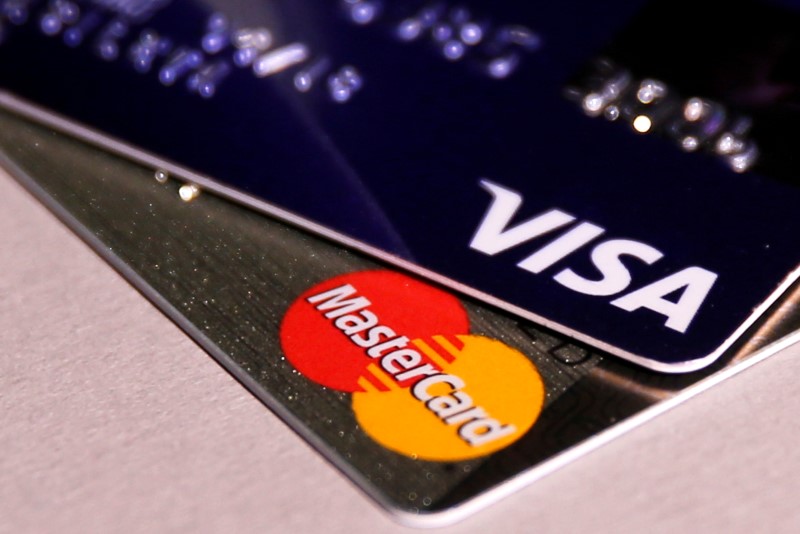This post was originally published on this site

Investing.com – Visa stock (NYSE:V) traded over 1% lower in Wednesday’s premarket as the world’s largest retailer, Amazon (NASDAQ:AMZN), decided to stop accepting credit cards issued by the company in the U.K. from January.
According to Bloomberg, Amazon has begun to inform its customers of the change, fixing January 19 as the data when the change comes into effect. The retailer blamed high fees charged by Visa for its decision.
Amazon customers can still use Visa debit cards, Mastercard (NYSE:MA) and Amex credit cards as well as Visa credit cards issued outside of the U.K., according to the Bloomberg report.
The move is another indirect consequence of the U.K.’s decision to leave the European Union. Visa raised its interchange fees on digital payments between the U.K. and the EU to 1.5% from 0.3% in October, and raised the cross-border fee on online debit card payments to 1.15% from 0.2%. The EU, by contrast, caps the interchange fees that card companies can charge. Mastercard is also understood to be planning to raise charges for payments from U.K. customers to European merchants.
The move also reflects the challenge to the market power of established card giants from alternative payments systems, as fintech startups encroach more and more on their traditional space.
Just last week, Amazon expanded its partnership with Buy-Now-Pay-Later specialist Affirm that will ensure the latter’s platform is embedded in the retailer’s digital wallet in the U.S.
Australian-based Afterpay (ASX:APT) was snapped up for $29 billion by Square in August, and European BNPL leader Klarna is expected to file for an initial public offering before the end of the year, having been valued at $45 billion in its a funding round earlier this year.
BNPL firms rode the pandemic-fueled demand as cash-starved young consumers hunted for options beyond credit cards. Consistent demand from merchants for new ways to grow their sales, and the global growth in omnichannel commerce, is also fueling their rise.


